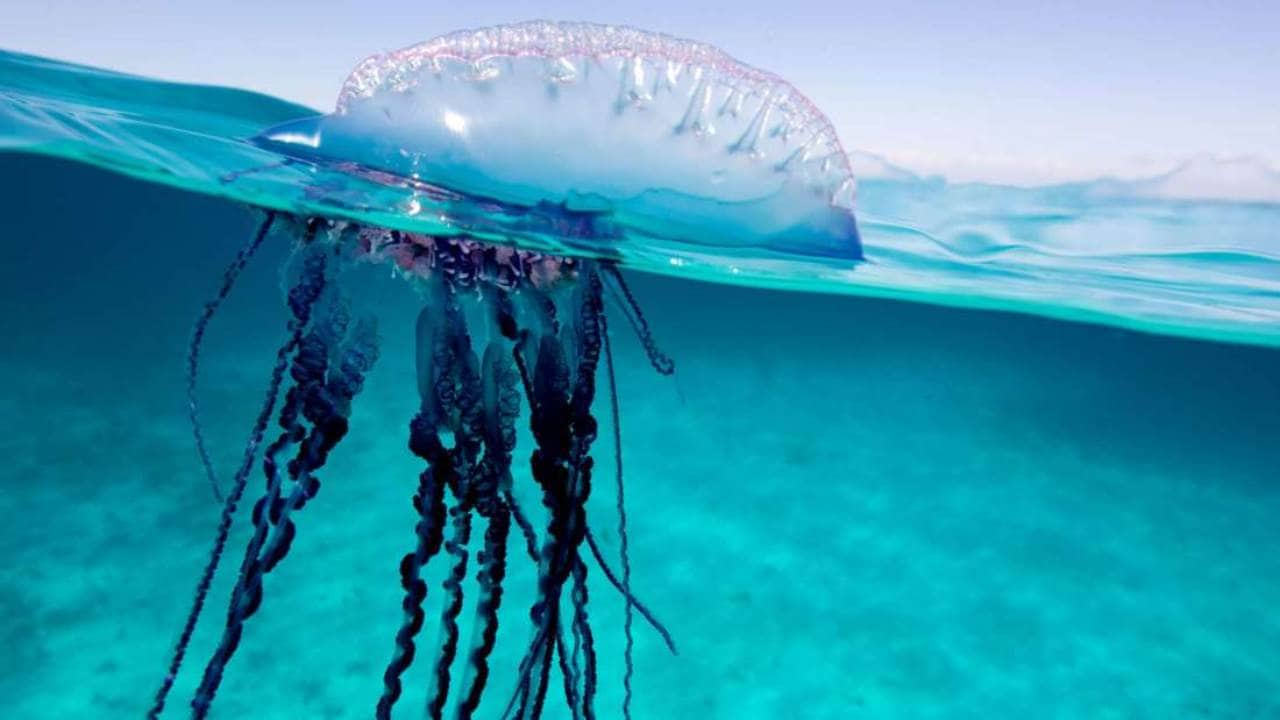A landmark UN report on the state of Nature, obtained by AFP, makes for grim reading, showing how humanity has wreaked havoc with the environment. The 1,800-page draft document, set to be finalised after a biodiversity summit in Paris this week, depicts a planet ravaged by rampant overconsumption and drowning in pollution, where hundreds of thousands of species risk extinction. Here is a rundown of the
report’s key findings, which read like a charge sheet against history’s most destructive creatures: ourselves. [caption id=“attachment_6039991” align=“alignnone” width=“1280”] Representational image for air pollution. Ein Kohlekraftwerk. Uwe Aranas / shutterstock[/caption]
Pollution
Earth’s population has doubled in 50 years. Not only are we living longer than ever before, but we are also consuming more. Today, humans extract around 60 billion tonnes of resources from Nature each year — a rise of 80 percent in just a few decades. And we are leaving our mark in other ways. Since 1980, manmade greenhouse gas emissions have doubled, adding at least 0.7C to global temperatures. We dump up to 400 million tonnes of heavy metals, toxic sludge and other waste into oceans and rivers each year. The report, compiled from more than 15,000 academic papers and research publications, estimates that 75 percent of land, 40 percent of oceans and 50 percent of rivers “manifest severe impacts of degradation” from human activity. [caption id=“attachment_5996141” align=“alignnone” width=“1280”] A monarch butterfly having a meal.[/caption]
Inequality
The document, the first of its kind in 15 years, paints a picture of rife inequality, with richer nations consuming vastly more per capita than poorer ones battling to retain their natural resources. Indeed, per capita demand for materials is four times more in high- than in low-income economies. In Europe and North America, humans now consume several times the recommended intake of meat, sugar and fat for optimal health, while 40 percent of the world’s people lack access even to clean drinking water. The inequality gap is huge and widening: GDP per head is already 50 times larger in wealthy nations than in poor ones.
Agribusiness threat
Industrial fishing is destroying our oceans, according to the report. It found that 70,000 industrial fishing vessels operate in at least 55 percent of the world’s high seas. Nearly three-quarters of major marine fish stocks are depleted or exploited to the limit of sustainability, despite efforts from the fishing community to implement quotas and drive down overfishing. On land, the situation looks even bleaker. A third of all land is now given over to agriculture and 75 percent of freshwater resources is dedicated to food production. In all, at least a quarter of all greenhouse gas emissions come from land clearing, crop production and fertilisation, the vast majority of which comes from animal-based food production. Agribusiness expansion has also led to the disappearance of vast swathes of CO2-absorbing forests: Earth has lost 290 million hectares — around six percent — of its forests since 1990. Fertiliser use, which degrades the soil’s ability to grow plants and suck in greenhouse gases, has risen four-fold in just 13 years in Asia and doubled worldwide in the same period. [caption id=“attachment_6302731” align=“alignnone” width=“1280”]  Representational image. credit: Alamy[/caption]
Extinction
Scientists estimate there to be roughly eight million species of plants and animals on Earth, though only a fraction of them have so far been identified. The International Union for Conservation of Nature (IUCN) “Red List” catalogues some 100,000 species, around a quarter of which are classed as in danger of extinction. An IPBES (Intergovernmental Science-Policy Platform on Biodiversity and Ecosystem Services) report goes much further, however, projecting that between 500,000 and one million species could face oblivion due to pollution and habitat degradation. Its authors stress that whatever losses humans inflict on Nature will, in turn, be inflicted upon us. More than two billion people still rely on wood as their main energy source, and up to half of all medicines come from plants and animals. What’s more, the world’s oceans and forests absorb more than half of our greenhouse gas emissions, which are still climbing year on year. “At current trends, we risk drastic degradation, with drops in contributions critical for societies and uneven distribution of losses,” the report states. “Basic needs and luxuries depend on Nature.”


)
)
)
)
)
)
)
)
)



